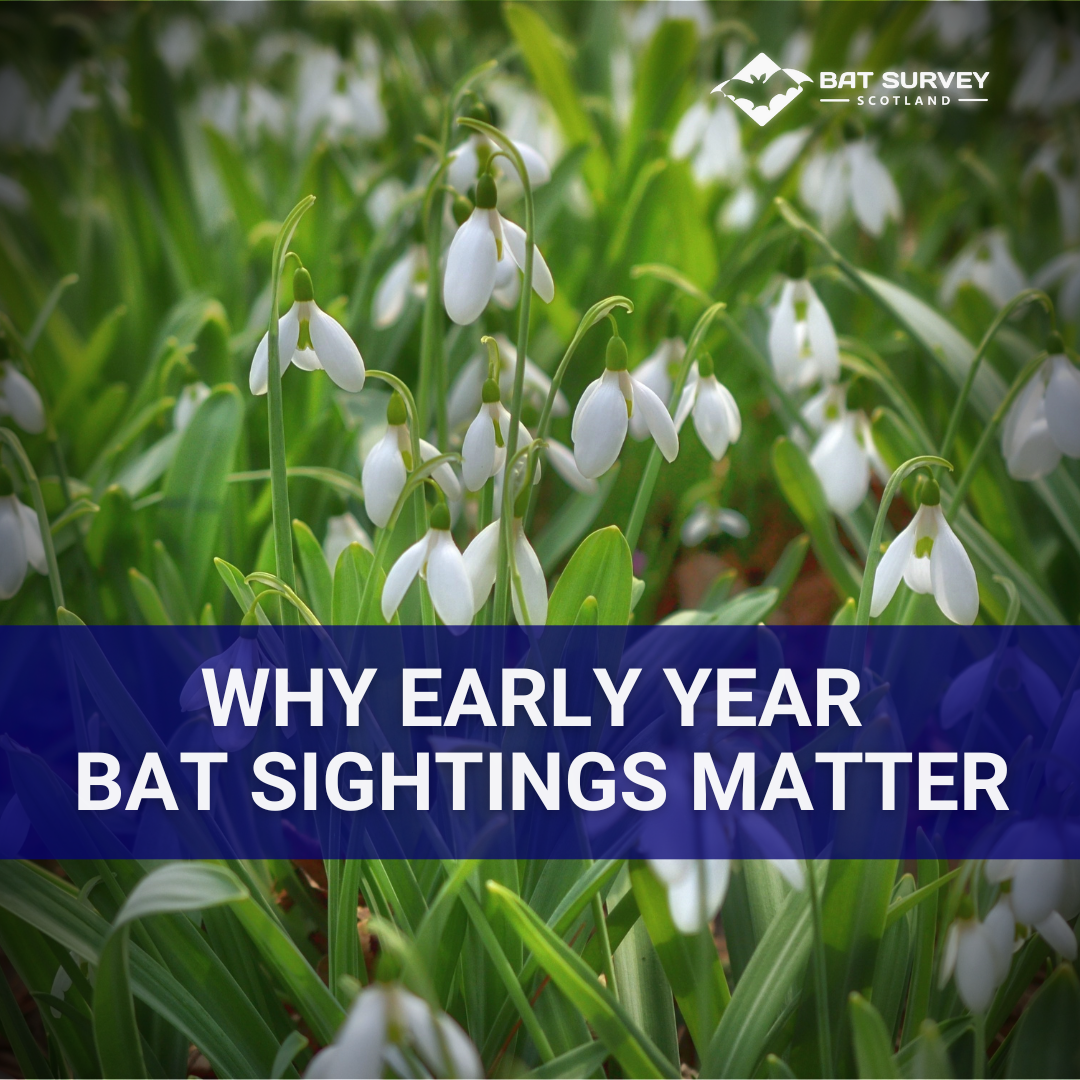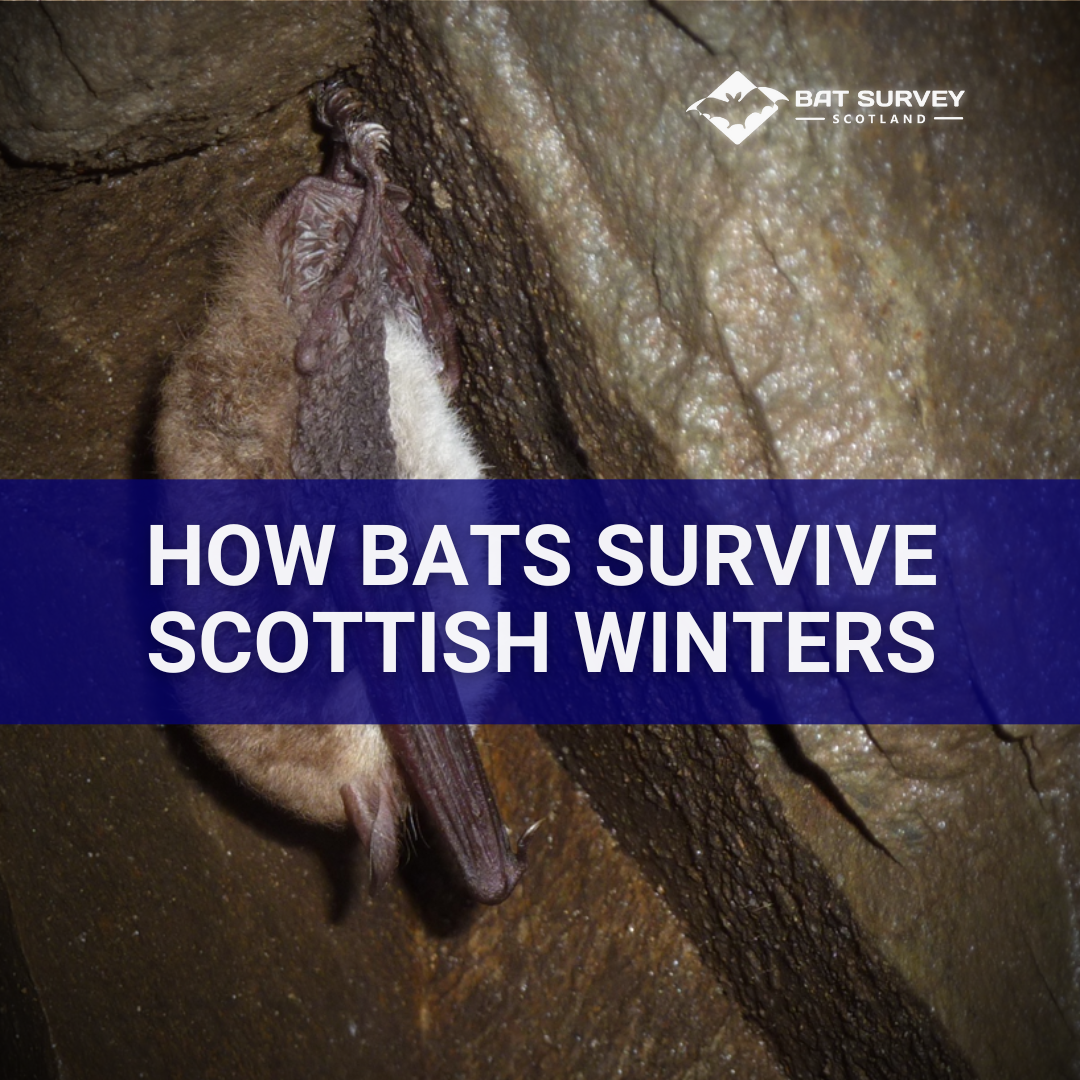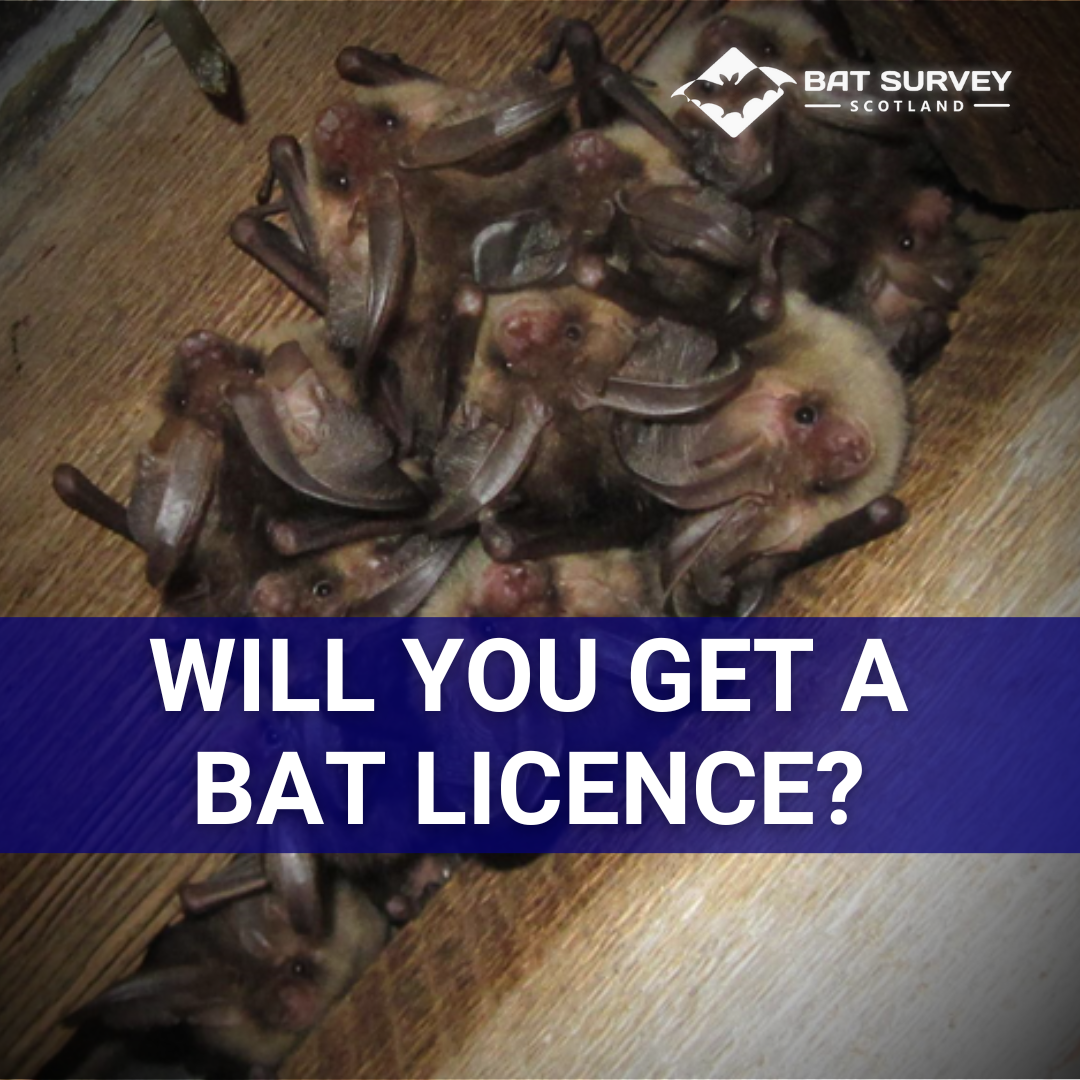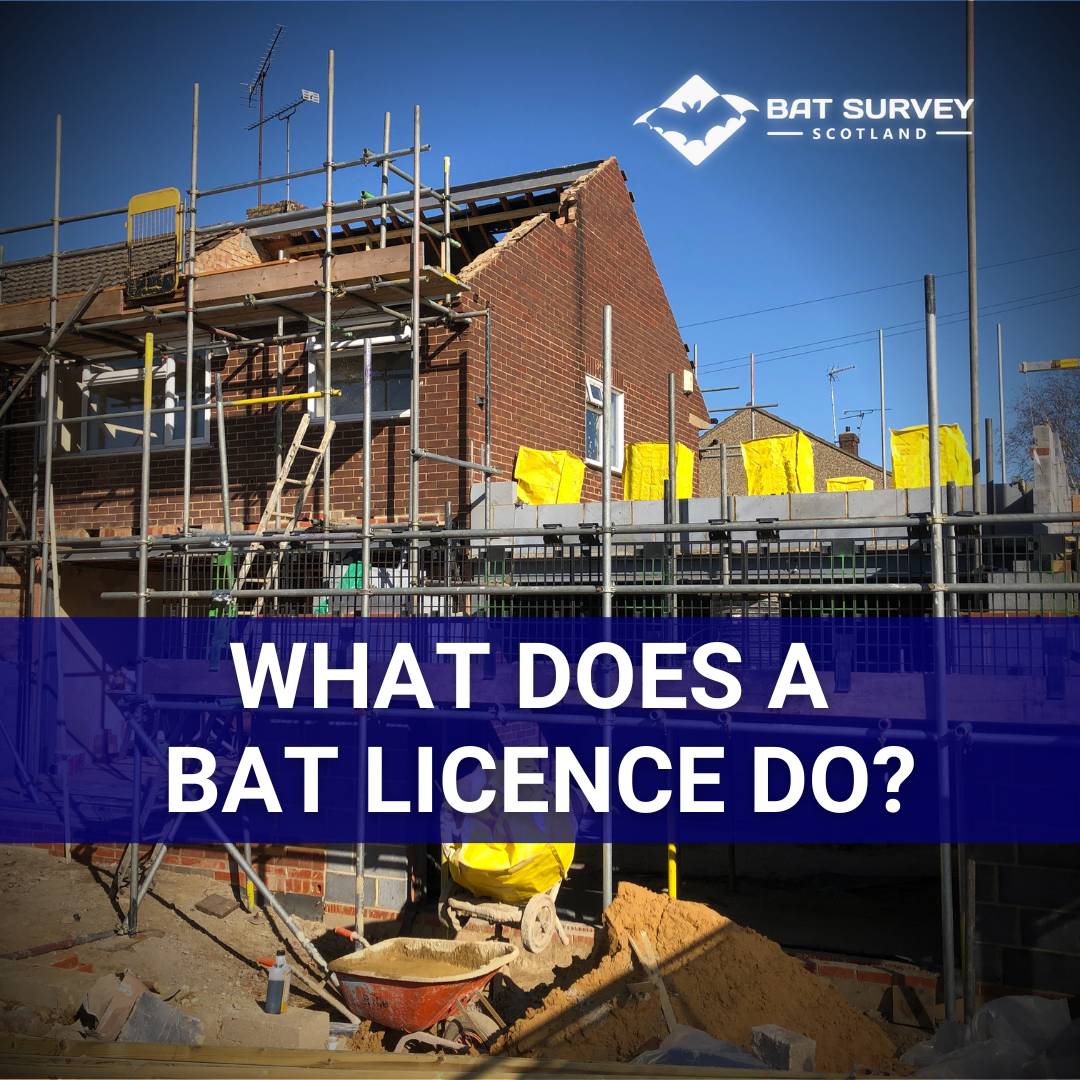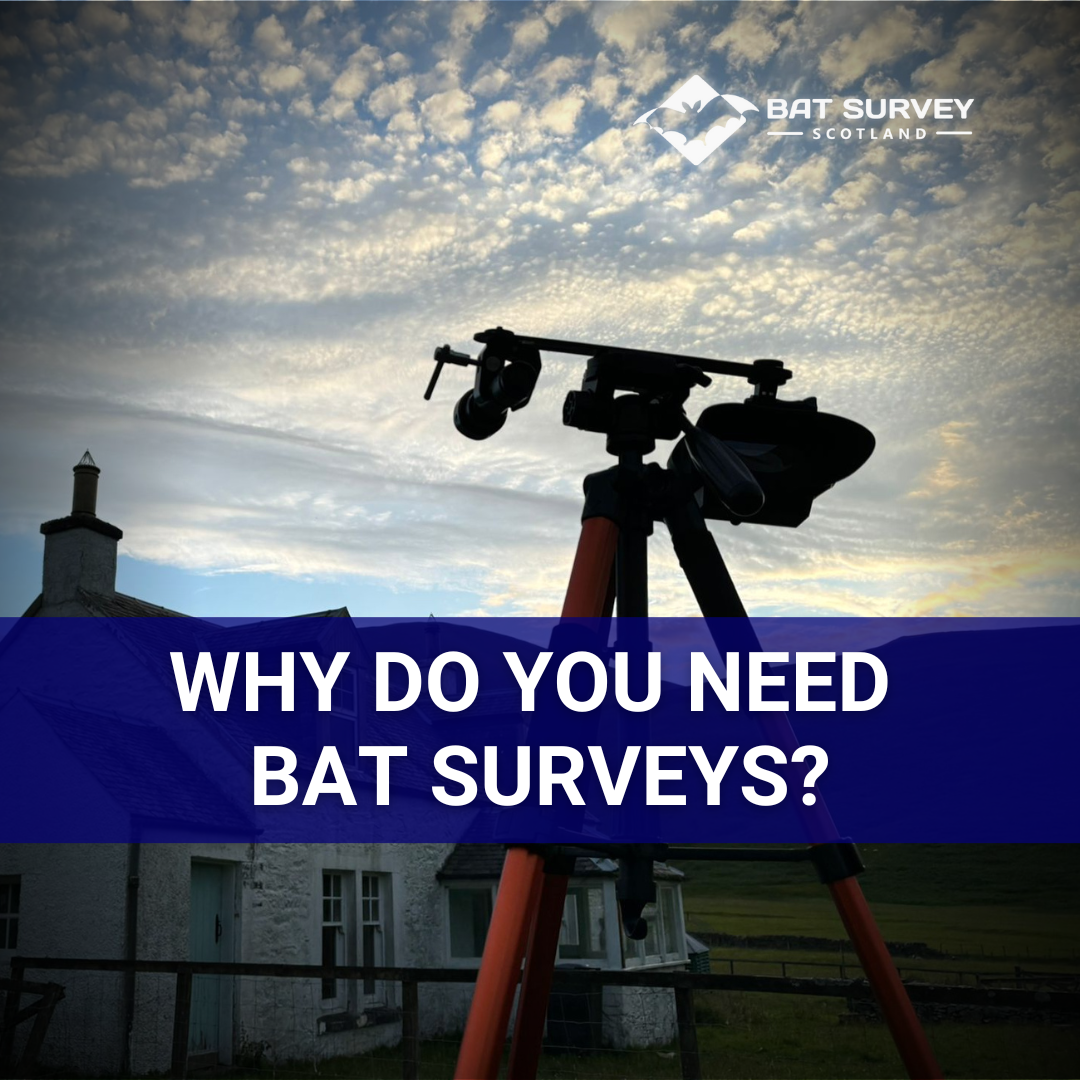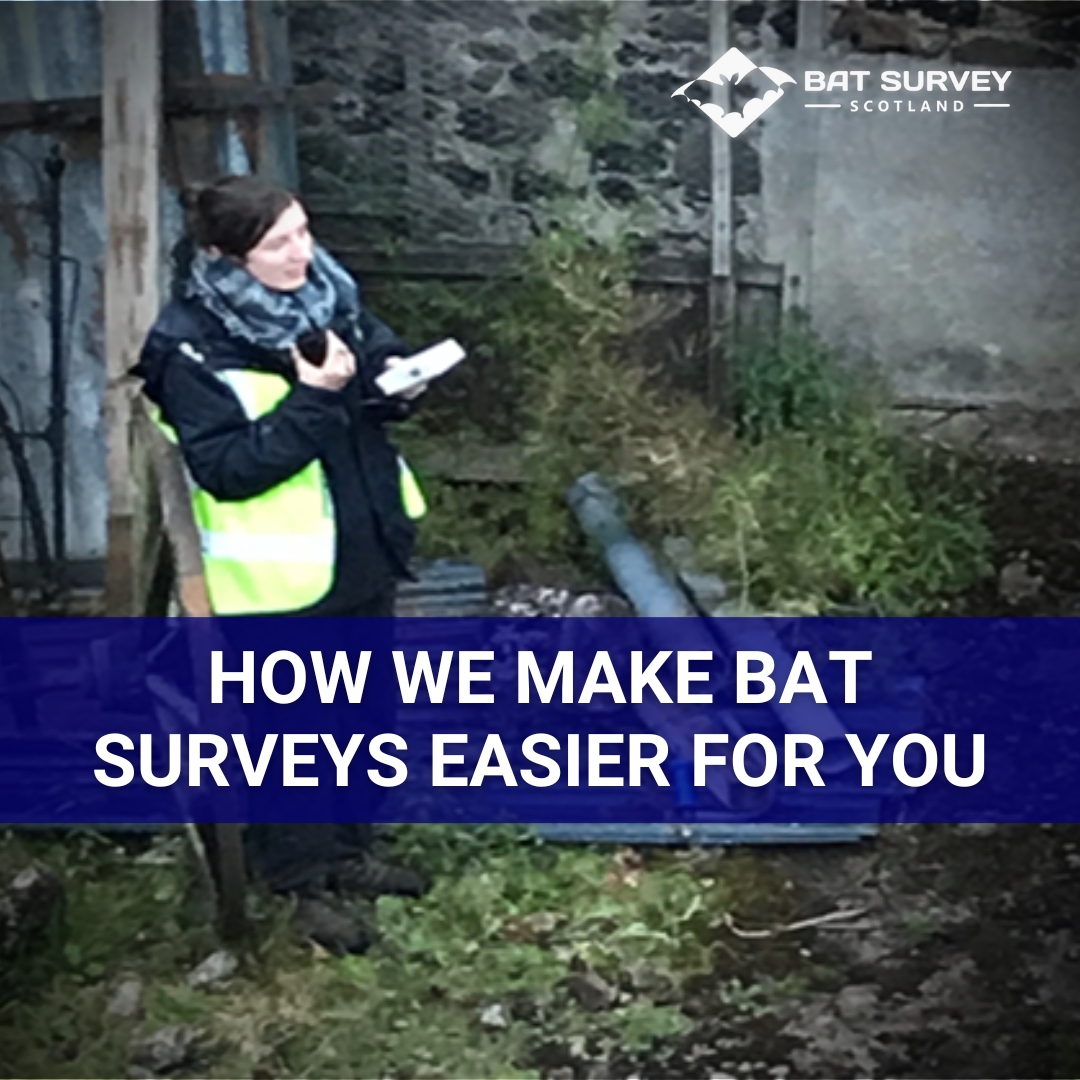Why can’t you just clear out the bats?
If you’ve searched “get rid of a bat roost” or a similar phrase, you may have come across resources from North America about the logistics of removing bats from your home - in the UK it’s a little bit different.
Our bats have a lot of legal protection both for themselves and for their habitats, so we can’t just get rid of them. Their roosts are protected against disturbance, destruction, or blocked access whether the roost is occupied at the time or not.
You can be fined up to £5,000 per individual bat if you harm bats or disturb, destroy or block access to a roost!
This is far from an empty threat that’s never realised.
There have been massive fines handed out in the UK in recent years, and with biodiversity becoming increasingly important there will be more to come. Anyone who chooses to destroy bat roosts instead of getting proper bat surveys and licensing are particularly high on the list - that includes both developers and private homeowners.
In 2020, Bellway Homes were fined £600,000 plus additional court costs for destroying a Soprano pipistrelle roost in Woolwich. This is one of the largest fines ever handed out for a wildlife crime in the UK; £20,000 of this fine was given to the Bat Conservation Trust specifically to help tackle wildlife crime.
Where someone has benefited from committing a wildlife crime, they can be fined and be subject to a Proceeds of Crime Act confiscation order. In 2019, a Dorset man was fined over £7,140 for destroying a log store containing a Natterer’s bat roost. He claimed he had not read a report by his ecologist and didn’t know he was committing an offence by destroying the roost. Unfortunately for him, this is an ‘absolute offence’ and treated the same regardless of knowledge or intent to commit a wildlife crime.
In 2018, a property development company in Kent was ordered to pay £20,000 for destroying a building containing bats 2 years earlier. Included in this they were subject to a Proceeds of Crime Act confiscation order totalling £5,285 - the amount they are believed to have saved by not getting appropriate bat surveys and licensing.
So what can you do if you’ve got bats in your property?
Bats can roost in unexpected and surprising places, and not knowing doesn’t provide a defence if a roost is disturbed. The best way to protect yourself, any potential bat roosts, and your development project is to get a professional bat ecologist involved in your project as early as possible. They will help you with surveying, licensing and mitigating any roosts found on your property.
If you need a bat survey (or think you might) get in touch with our team of specialist ecologists!
Or read more of our latest blogs here:

